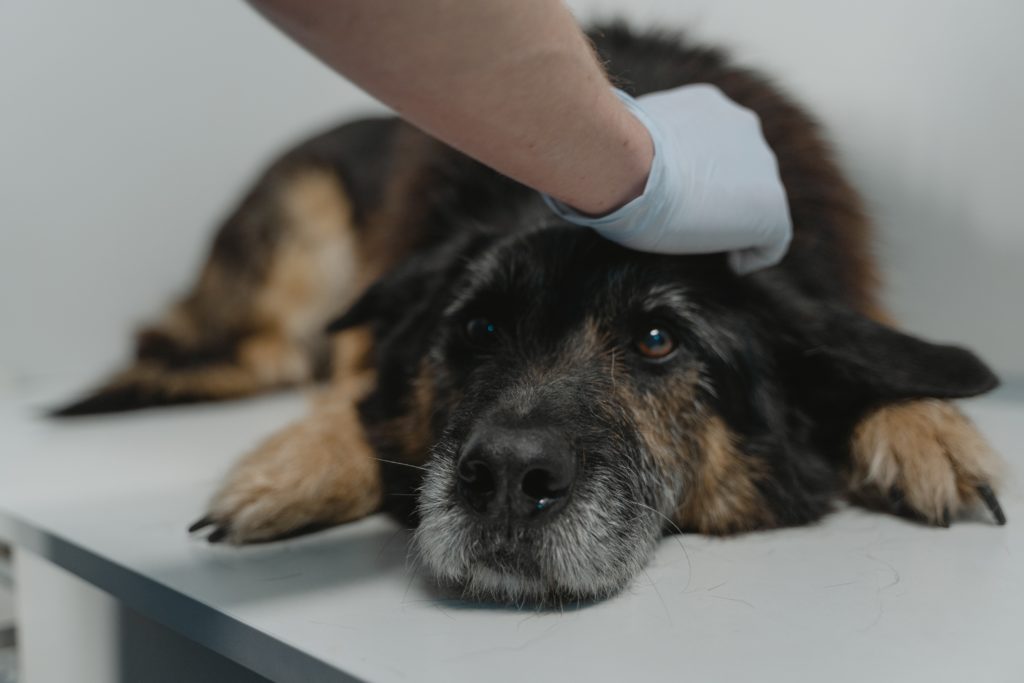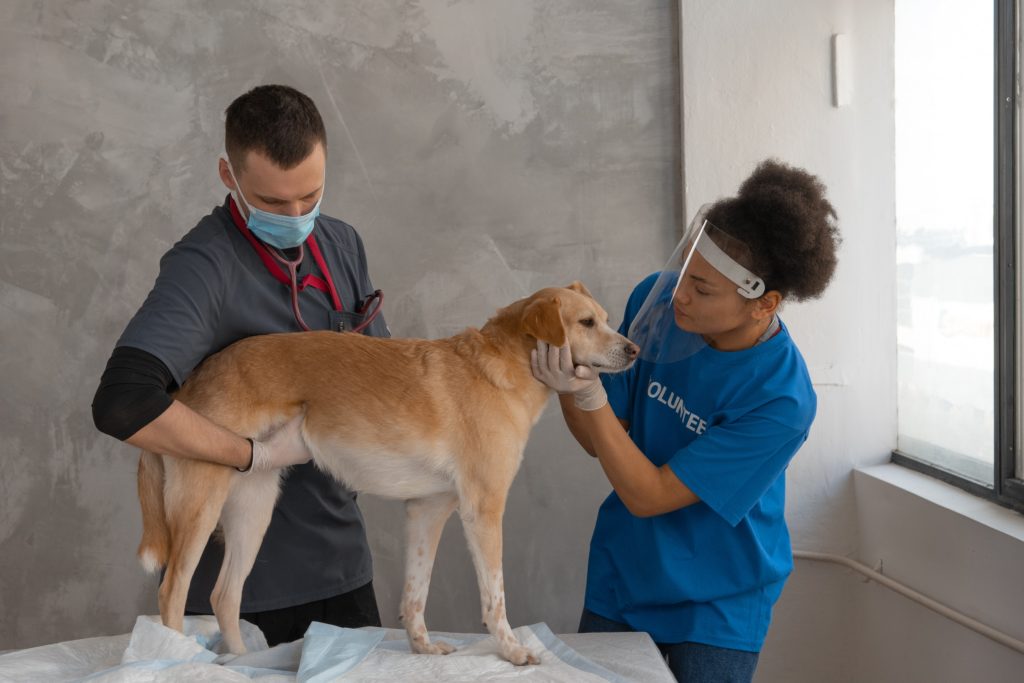Top 5 Veterinary Schools in Europe
One of the most compassionate professions globally is studying veterinary medicine at one of Europe’s Top 5 Veterinary Schools in Europe and becoming an animal doctor. The occupation is vibrant and dynamic, allowing you to execute a wide range of tasks and work with various domestic and wild animals. You can learn to heal all species, from lions to penguins, from the southern to northern hemispheres.
Even though becoming a veterinarian is a fascinating career choice, the obstacles to becoming one and obtaining the necessary education are numerous. Read our post on Veterinary Doctor vs. Veterinary Technician for more information on the educational criteria for veterinarians to study at one of Europe’s top 5 vet schools. Not just during their education, but many students find it difficult to begin working as a doctor directly after graduation since, let’s face it, dealing with animals is not simple.

Royal Veterinary College – University of London
The RVC is the oldest institution in the English-speaking world to educate veterinary medicine students, founded in 1791. This veterinary school is the only one with certification from some of the world’s most prestigious associations and organizations. The institution offers undergraduate courses in veterinary medicine, biological sciences, and veterinary nursing to both domestic and international students and post-graduate post-graduate clinical training courses that are both taught and studied. High grades in biology, chemistry, and one other topic are required, as well as a suitable English language certificate and at least two weeks of work experience.
Utrecht University – Faculty of Veterinary Medicine
Utrecht University’s Faculty of Veterinary Medicine is the sole institution in the Netherlands that teaches young people about veterinary medicine. Only Dutch is spoken in the classes. They are not only teaching students how to practice veterinary medicine, but they are also preparing them for future careers in administration, policy, and applied research.
The master’s program’s educational process is competency-based, which means that the faculty educates students by increasing the most significant personal attributes required of a successful veterinarian. Veterinary practice, teamwork, entrepreneurship, communication, health and welfare, personal growth, and academic practice are some examples. The student receives a DVM degree after completing the program.
The University of Edinburgh – The Royal School of Veterinary Studies
The RSVS is ranked third in Europe’s leading veterinary medicine schools. The AVMA, AVBC, EAEVE, and RCVS have accredited their courses, and their Bachelor of Veterinary Medicine and Surgeon degree is comparable to the North American Doctor of Veterinary Medicine.
The school provides two main programs: a four-year accelerated veterinary medicine and surgery degree and a five-year veterinary medicine and surgery degree, which is more well-known. The Agricultural Science Program, which awards a BSc (Hons) degree, is a relatively young branch. On-campus or online distance learning options are available for master’s and post-graduate post-graduate degrees. The key benefit is the development of techniques, expertise, and specialization for subjects that were previously taught in a general manner.
The University of Cambridge – Department of Veterinary Medicine
The Cambridge Veterinary School, founded in 1949 and is part of one of Britain’s oldest and largest universities, is ranked fourth. The Royal College of Veterinary Surgeons has accredited the school. You can work in almost any country in the world with this degree.
The BVetMed degree requires six years of study, with the final year consisting of full-time clinic practice. Students can pick the Zoology Bachelor program to specialize in exotic animals in their third year of studies. Scholarships for post-graduate post-graduate research and clinical training are available from CVS.
According to the school, they do not have high expectations, and if you excelled in math and science in high school, this is the place for you. Of course, knowledge of the English language is required, as is past professional experience.
Vetsuisse Faculty Bern and Zurich
This new entrant to the top 5 vet schools in Europe was created in 2006 and is the result of the merger of Bern and Zurich veterinary schools. In addition to delivering high-quality education, it aspires to teach its students the “essential scientific underpinnings for the comprehension of biological connection” in a manner “consistent with the dignity of the animals.”





